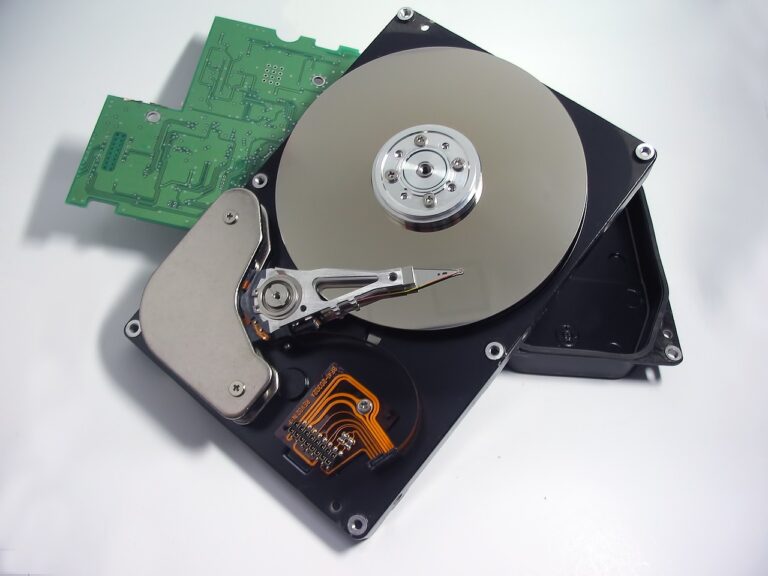Top 10 Hard Drive Data Recovery Softwares

In the labyrinth of lost data, the quest for reliable hard drive data recovery software becomes paramount. This guide unveils the top 10 warriors in this digital arena, equipping you with the knowledge to resurrect your cherished files and navigate the intricate realm of data recovery.
Unveiling the Predicament: The Hard Drive Data Recovery Challenge
The Enigma of Data Loss: Causes Explored
Embarking on the path to data recovery demands an understanding of the foes that lead to data loss.
Exploring Causes:
- Accidental Deletion: The inadvertent click of a button can consign valuable files to the digital abyss.
- Corrupted Drives: The corruption of storage media can render files inaccessible and demand specialized recovery tools.
- Virus and Malware Attacks: Digital marauders can infiltrate your system, holding your data hostage or erasing it entirely.
Navigating Solutions: A Pantheon of Hard Drive Data Recovery Software
1. EaseUS Data Recovery Wizard
Pros:
- User-friendly interface.
- Supports various file types.
Cons:
- Limited recovery capacity in the free version.
2. Recuva
Pros:
- Deep scan functionality.
- User-friendly.
Cons:
- May not recover all file types.
3. Wondershare Recoverit
Pros:
- Comprehensive recovery options.
- Intuitive interface.
Cons:
- Full functionality in the paid version.
…and the list continues.
FAQs: Decoding the Mysteries of Data Recovery Software
Q: Can these tools recover files from a formatted drive?
A: Yes, most tools can retrieve files even after a drive has been formatted.
Q: How long does the recovery process take?
A: The duration varies based on factors like the size of the drive and the number of files to be recovered.
Q: Are these tools safe to use?
A: Yes, reputable tools are safe. Ensure you download from trusted sources.
Q: Can I use the software on a Mac system?
A: Some of the listed software also offer versions compatible with Mac systems.
Q: Is it possible to recover files from a physically damaged hard drive?
A: In some cases, specialized services may be required for physically damaged drives.
Q: Will recovered files be in the same condition?
A: Recovery is not always perfect; some files may be corrupt or incomplete.
Decoding Technical Terms
- RAID Recovery: The process of recovering data from a RAID storage system, often used for critical business applications.
- Bad Sectors: Physically damaged portions of a hard drive that may result in data corruption.
- Disk Cloning: Creating an identical copy of one hard drive onto another.
Tips for Successful Data Recovery
- Act Swiftly: Begin the recovery process as soon as data loss is detected to prevent overwrites.
- Regular Backups: Implement a robust backup strategy to mitigate the impact of data loss events.
- Read Reviews: Before choosing a recovery tool, read user reviews and testimonials for insights into its effectiveness.
Conclusion: Navigating the Data Recovery Odyssey
As we conclude this expedition into the realm of hard drive data recovery, armed with knowledge about the top 10 recovery software, you stand resilient against the onslaught of data loss. Whether you seek the simplicity of EaseUS or the versatility of Wondershare Recoverit, the power to revive your digital treasures lies within this curated selection. Let this guide be your compass as you navigate the data recovery odyssey, turning moments of despair into a triumphant resurrection of your precious files.
